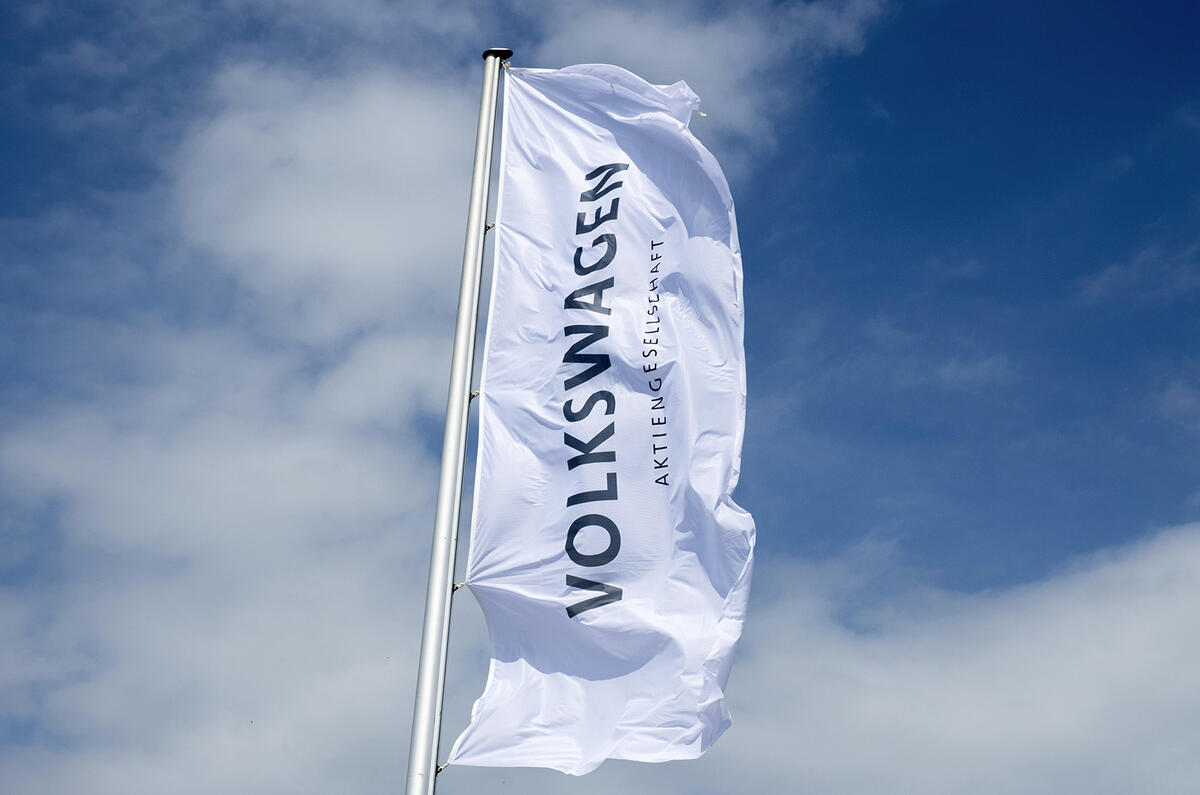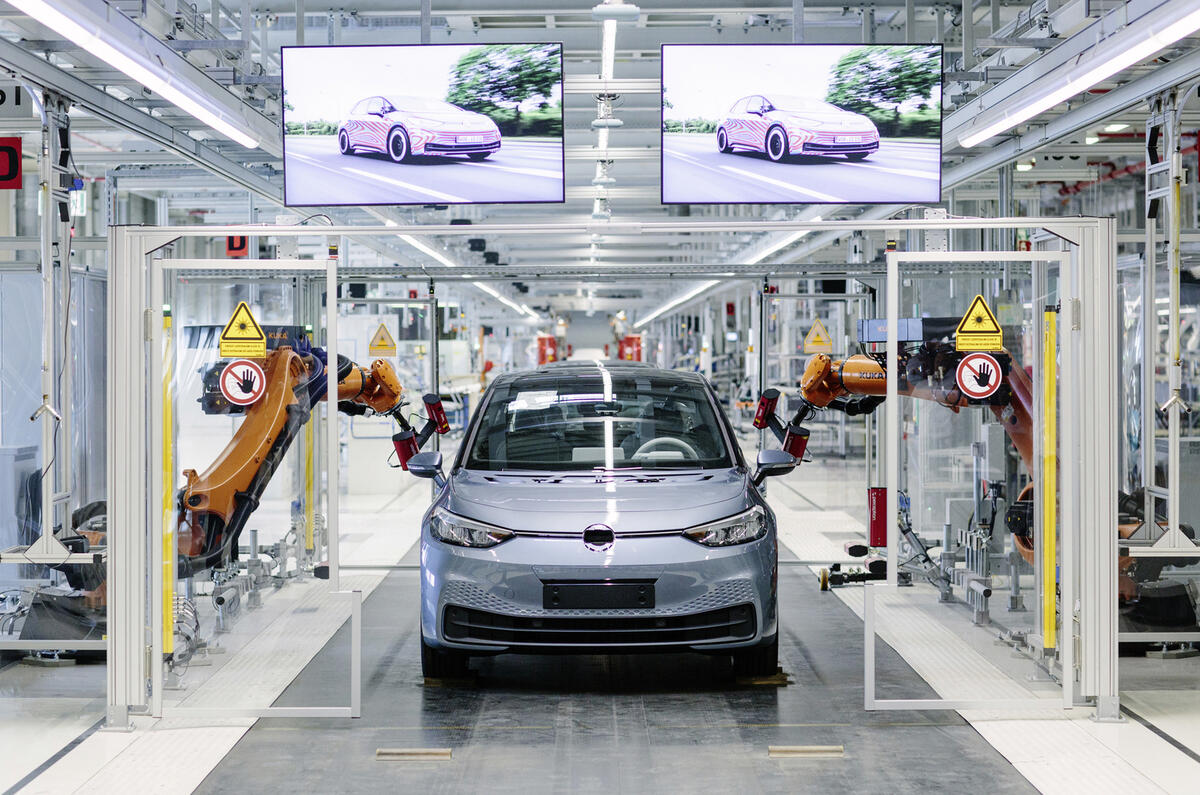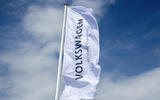The Volkswagen Group’s profits grew in 2021, despite a significant decrease in vehicle sales exacerbated by semiconductor shortages and the pandemic.
The firm, whose car brands include Volkswagen, Audi, Skoda and Seat, sold a total of 8.6 million vehicles in 2021, a drop of 6.3% year on year and 2.3 million fewer than in pre-pandemic 2019.







Join the debate
Add your comment
Made with Russian energy, funding genocide. Not for me.